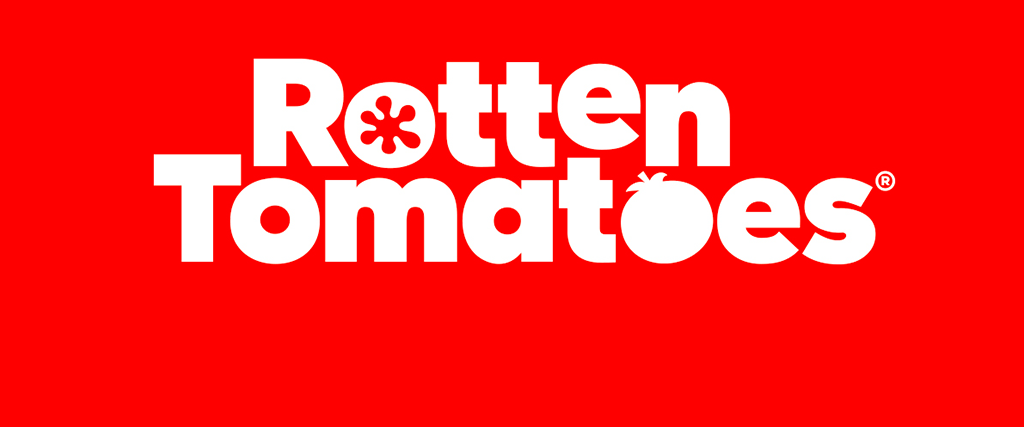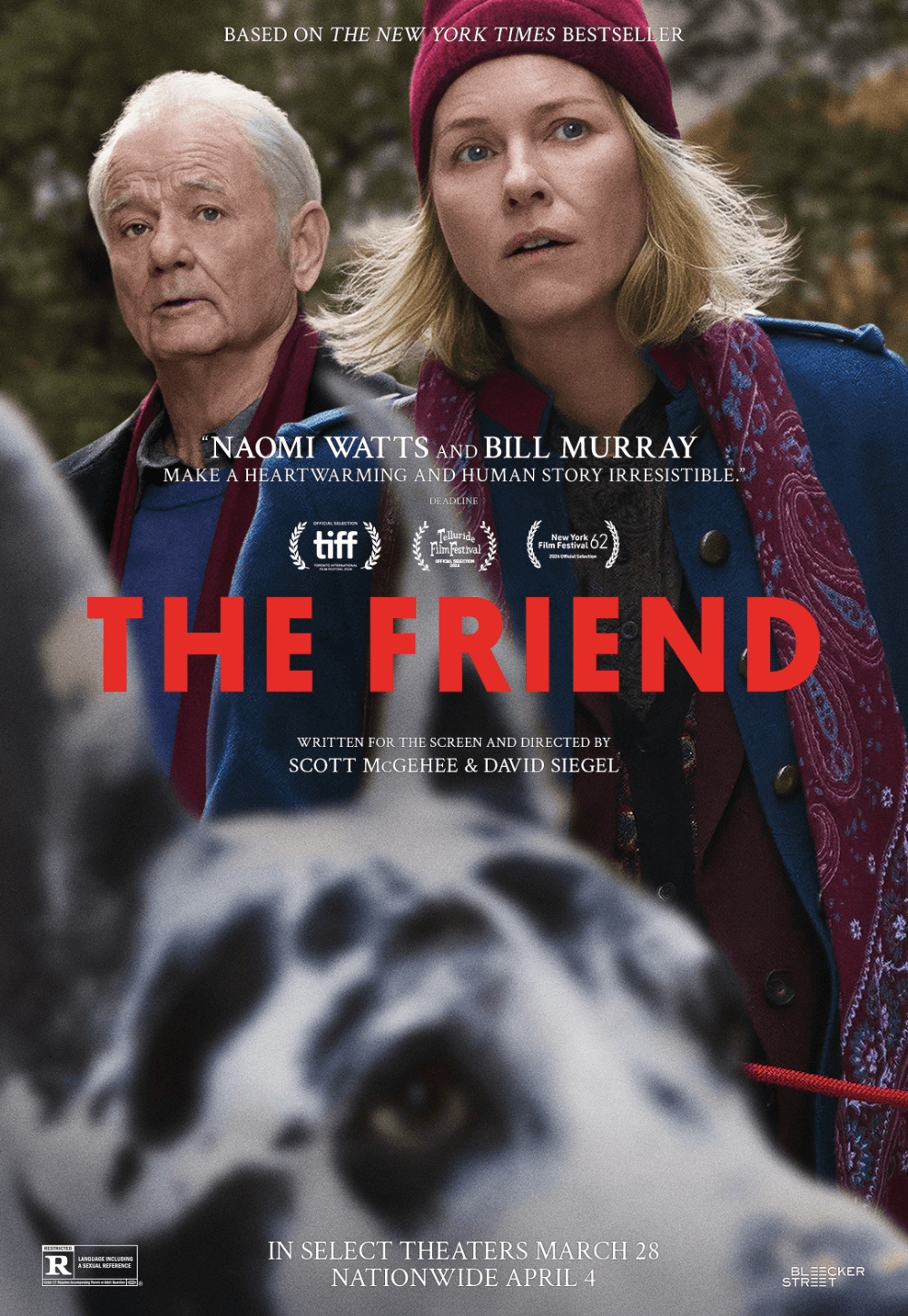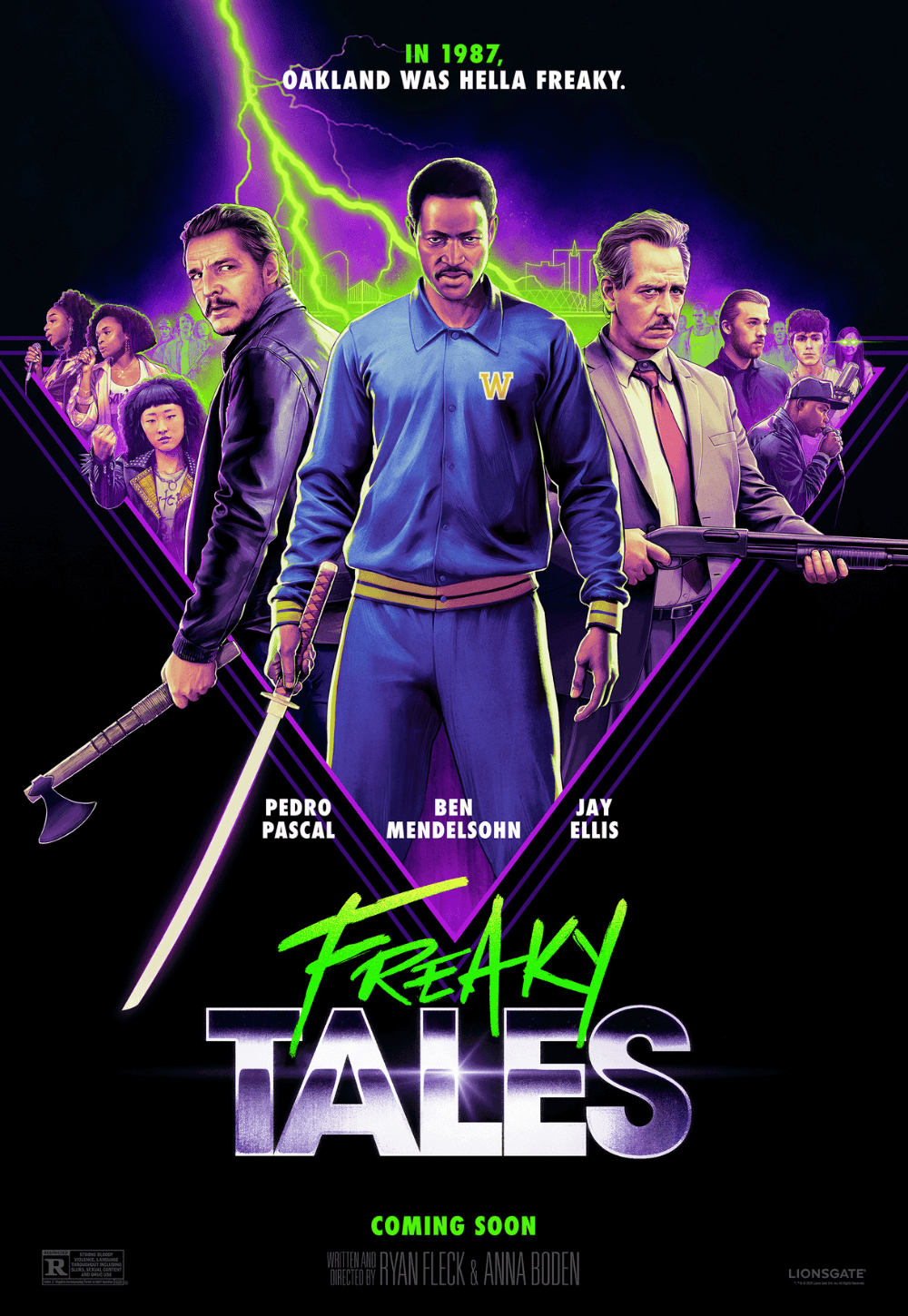
Rotten Tomatoes Payola and Critical Ethics
By Brian Eggert | September 10, 2023
You may have read last week in Vulture about a PR firm called Bunker 15 that paid smaller, self-published, Tomatometer-approved critics to post positive reviews on Rotten Tomatoes (RT) for Ophelia. The 2018 film had a poor reception initially, with a 46% rating on RT. However, after the firm began paying critics, it achieved the desired “Fresh” label. The firm would offer these critics $50 or more in payola for a positive review, and they would also lobby critics to change their negative reviews to positive ones.
The Vulture story spends most of its time questioning the influence of RT on the film industry. Sure, the Tomatometer score can have a significant impact on a film’s box-office performance, and studios and distributors often make decisions about marketing and promotion to appeal to that score. It’s shameful, yet not altogether surprising, that PR firms would attempt to manipulate the RT score. Director Paul Schrader shrewdly summarized the problem: “Rotten Tomatoes is something the studios can game. So they do.”
Much of the Vulture article makes a case against RT in general, with several interview subjects from Martin Scorsese to Quentin Tarantino decrying the platform because it seems to thwart critical thinking and discourse about the movies, reducing analysis to a single percentage. But blaming RT for existing, and for the studios and PR firms that attempt to manipulate it, feels a little too much like pointing a finger at the system instead of the bad actors operating within it.
The article’s discussion about the reductive nature of movie scoring versus in-depth criticism is an old one. Review aggregation is tantamount to using a star rating or Siskel and Ebert’s former “thumbs up” brand, only on a larger scale. Tomatometer scores, star ratings, and thumbs up/down discourage some moviegoers from reading criticism, boiling the practice down to a single rank or gesture. However, not all moviegoers want to read criticism. They want a quick recommendation, and RT or star ratings provide that service.
Granted, this is not how I process movies or criticism, nor is it how I would recommend getting input on what to see. But I’m not here to tell people how they should decide what to see or how they should learn about movies. Some people want a quick score or rating, and some people want a lengthy review. To each their own. Personally, I provide both.
What I’ve always liked about the RT platform is that it gives me a single location to access some of my favorite critics and discover many others. I’m less interested in the score and realize that RT metrics don’t adequately reflect a movie’s worth. Sometimes I agree with the score, sometimes I don’t. What’s important to know is that the Tomatometer isn’t a source of truth. It’s a data point, and data can be organized to have an array of meanings. Even so, the score can be helpful when taken as a moviegoer’s tool, but it requires some critical appraisal when determining how RT processes critics’ reviews.
What some people fail to acknowledge about the RT score is that it’s not a grade or a statement made by critics about the quality of a movie. It’s a metric indicating the ratio of positive to negative reviews. For example, if 80 out of 100 critics rated the film Fresh, the score would be 80%.
The score alone doesn’t mean much. You have to dig deeper. Look at how many critics reviewed a particular movie to get the RT score. If the score is 99%, and it’s based on 11 reviews, that isn’t saying much. If it’s 99% and based on 350 reviews, which is a high volume of reviews on RT, that might be a better indicator of the consensus opinion. Then again, that doesn’t mean the film in question is 99% perfect. The reviews might all be lukewarm appraisals, but because 99% of them are technically positive, the score is 99%. Audiences should look at this data beyond the face-value of the score to get a better idea about what the score means.
Of course, there are some critics I respect who want to see RT burned to the ground. I get these arguments. In a perfect world, RT wouldn’t exist, and moviegoers would be more interested in film criticism. Everyone would spend endless hours navigating various blogs and publications, reading the great work written by critics, and they would take films more seriously too. But a certain segment of people don’t want that. They want information they can consume fast; they want to be entertained; they want a sure thing.
I don’t think RT is responsible for that attitude, not solely anyway. RT fulfills a demand, and if people don’t get it there, they’ll find another platform with a similar solution. And while RT is a reflection of a part of society that I don’t identify with, it’s more than a score; it also gives more discerning film aficionados a collection of reviews in one place, where they can access their favorite critics or those they may never have read.
While I don’t like some of the negative realities about RT and the state of film criticism any more than Schrader, Scorsese, and Tarantino do, I’m not going to be dogmatic about how people should process movies or film criticism. Given that I spend hours upon hours every week writing criticism, it irks me when people skim my reviews or visit other sites because my reviews are too lengthy, but I can’t expect everyone to consume criticism or movies in the same manner as I do.
The biggest issue raised by the article for me is the ethically compromised critics. Bunker 15 sought to influence the Tomatometer by appealing to independent critics, who sold out their integrity for a measly $50. It’s such an ugly display of morally corrupt PR companies and film critics, and it threatens to undermine not only RT but the integrity of film criticism as a whole. RT has a policy against bought-and-paid-for reviews, and the company has said it’s investigating the matter that prompted the Vulture article. Personally, I think those critics should not only be removed from RT but should resign their posts and find another line of work.
The whole situation is a reminder of the importance of critical thinking when using RT. Of course, being one of the critics who posts reviews on RT, I could be seen as having a bias. I have certainly benefited from RT, in that they have ensured my inclusion on press and festival lists. My presence on RT has also led to more exposure and traffic on DFR. But as an independent critic, all I have is my critical integrity and personal brand, and the idea of selling that is unthinkable.
As a critic, I use RT as a tool to self-promote; as a moviegoer, I use it as a one-stop-shop for accessing the critics I enjoy reading. I’m not going to say it should be shut down, but I will say that those trying to manipulate it should have repercussions.
(Note: This article was originally suggested and posted to Patreon on September 10, 2023.)
Consider Supporting Deep Focus Review
I hope you’re enjoying the independent film criticism on Deep Focus Review. Whether you’re a regular reader or just occasionally stop by, please consider supporting Deep Focus Review on Patreon or making a donation. Since 2007, my critical analysis and in-depth reviews have been free from outside influence. Becoming a Patron gives you access to exclusive reviews and essays before anyone else, and you’ll also be a member of a vibrant community of movie lovers. Plus, your contributions help me maintain the site, access research materials, and ensure Deep Focus Review keeps going strong.
If you enjoy my work, please consider joining me on Patreon or showing your support in other ways.
Thank you for your readership!
Brian Eggert | Critic, Founder
Deep Focus Review




